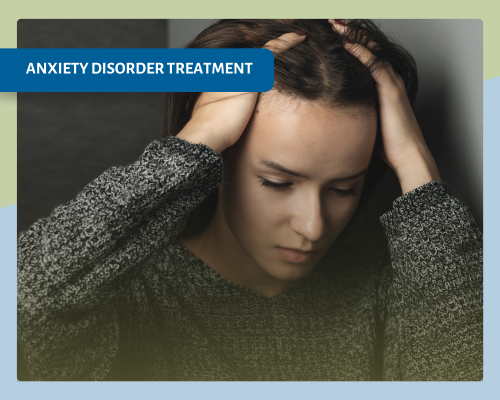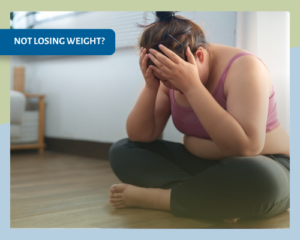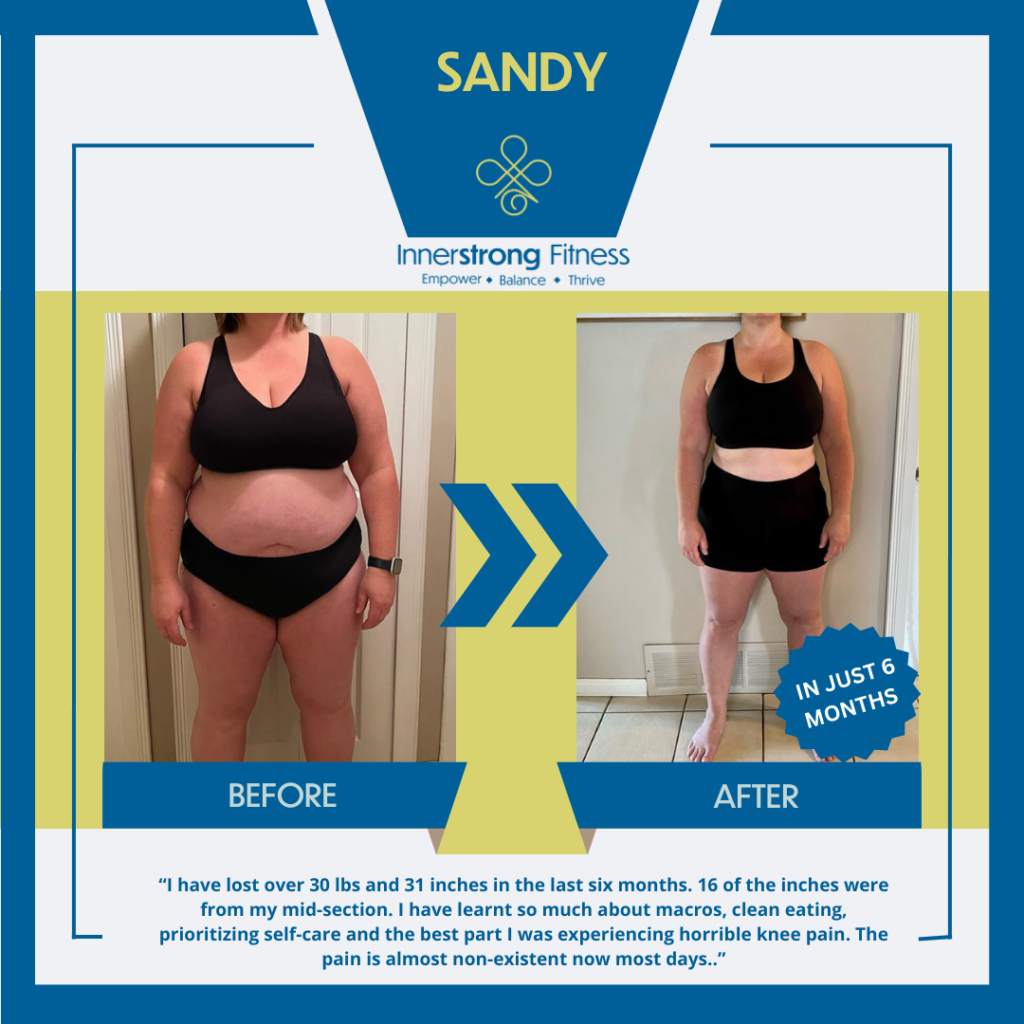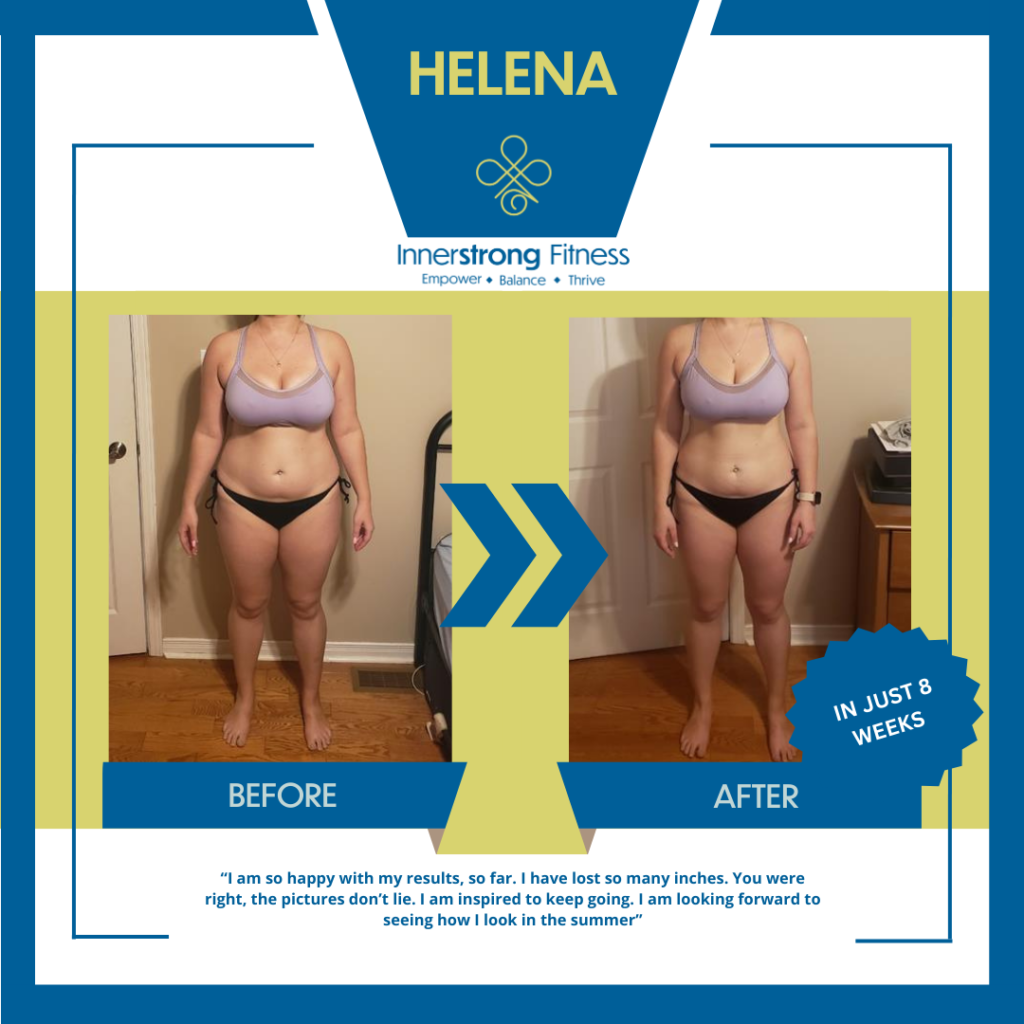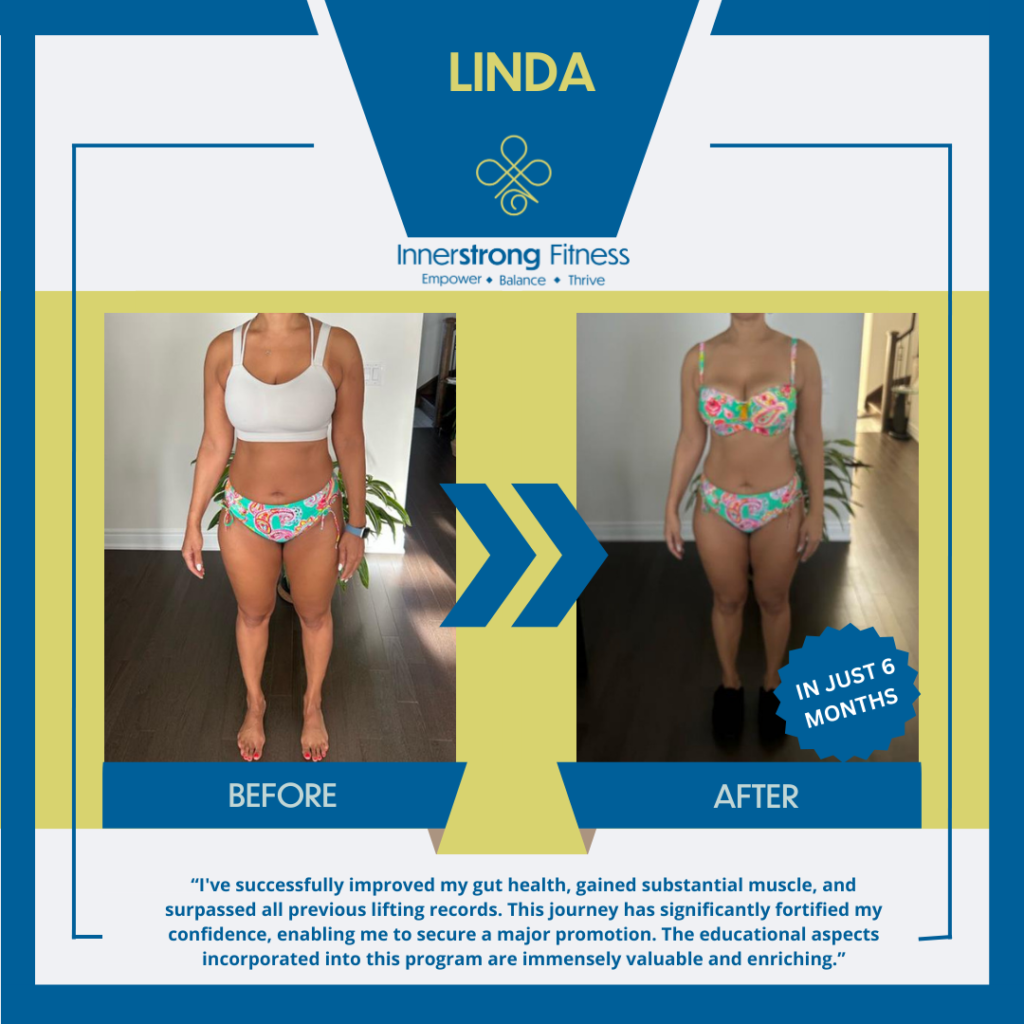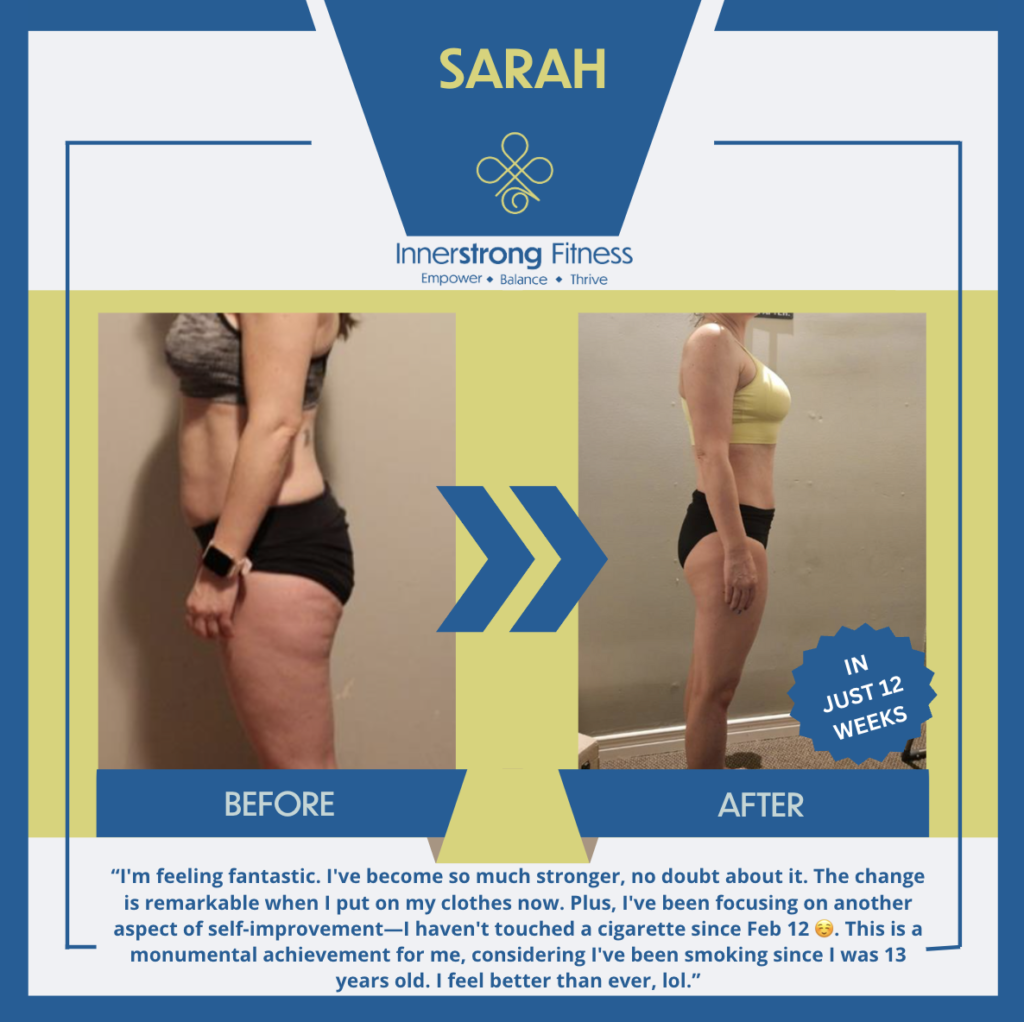The Importance & Methods Of Treating IAD
In the first article of this series, we had a deeper touch with the reality of hypochondria, otherwise known as “illness anxiety disorder (IAD).”
We learned that this common disorder is characterized by excessive worry and fear about illness and health.
A person with IAD may obsessively check their body for symptoms of illness, avoid doctors’ appointments, and constantly worry that they are sick.
While there is no specific, one for all cure for IAD, there are ways to manage the disorder and reduce its effects on your life.
If you think you may have IAD, it’s essential to seek help from a doctor or mental health professional.
Disclaimer: The information in this article isn’t meant to serve as a treatment for IAD or any other related disorder. Contact your medical professional if you are concerned that you may have an illness anxiety disorder.
Why It’s Important To Treat IAD
One of the key points of our first article on the topic was that though primarily mental, IAD has a considerable impact on one’s quality of life and how one feels physically.
Because a mental disorder has an impact on every other aspect of your life, it shouldn’t be taken lightly.
And that makes sense if you think about it – Living constantly in fear means living in survival (stress).
In turn, stress inhibits our ability to realize our greatest potential, perform best at our workplace and in our social relationships.
This can lead to a pattern-based life that revolves around a particular deep fear that you may have.
For this precise reason, you must be ultra-conscious about this condition and choose to explore the potential treatment options.
Treatment Options For IAD
Now, if you have this condition diagnosed, you are probably wondering – What is the best route towards resolving this soul-consuming condition once and for all?
And well, there are quite a few routes to take, but each one has a common goal – changing your perception of self and your bodily signals, as well as coming to a realization that the fear is irrational and doesn’t have concrete evidence to support it.
Let’s explore the options.
Medication
One of the most accessible treatment options for people with IAD is medication, as it is often beneficial to those living with this condition.
Even more so, if the patient has other mental health illnesses such as depression, OCD, or general anxiety disorder, certain medications like SSRIs & SNRIs can be highly beneficial.
What Are SSRIs & SNRIs?
When it comes to IAD, the most commonly prescribed types of medications to treat it are known as:
- Selective serotonin reuptake inhibitors (SSRIs)
- Serotonin-norepinephrine reuptake inhibitors (SNRIs)
Generally speaking, SSRIs are a class of antidepressants that have one main function – Inhibiting the reuptake of serotonin (a feel-good chemical in the brain), thus increasing its amount in the brain.
On the other hand, SNRIs are also a type of antidepressant that works in a similar way, only that it has an effect not only on serotonin but also another chemical called “norepinephrine.”
Prozac, Effexor & Lexapro are just some of the names of such medications that you’ve probably heard.
Though they can be effective, SSRIs and SNRIs can also have side effects, such as:
- Nausea
- Vomiting
- Fatigue
- Diarrhea
- Dry mouth
- General anxiety
- Disrupted sleep patterns
Certainly, whether or not you should resort to these medications depends on your condition and past medical history, as well as the ultimate decision of your care provider.
Until that decision is taken, you can focus on other holistic treatment options related to the psyche and the body.
Lifestyle Change
If you don’t really fancy the idea of medication in the first place, you are, in fact, on a very good path towards recovery.
One of the MAIN reasons people suffer from IAD and general anxiety is rather lifestyle-related.
Think about it – The body was designed to move, eat and sleep well and to ultimately be healthy.
Even more so, its health is AUTONOMOUS!
Your entire body isn’t actually one big chunk of meat – It is a community of trillions of cells that work together towards a common goal – Keeping you alive.
And let us tell you this – You have to put a lot of effort into ruining that health because the body always finds a way to thrive.
With this in mind, your best bet is to observe your lifestyle and induce meaningful changes in your habitual life.
That does not necessarily have to mean obsessively counting your calories and tracking every step that you take.
Instead, think of it as:
- Becoming more active
- Consuming whole foods of good quality
- Getting some sun exposure
- Sleeping enough
- Socializing
These five things are at the core of our human nature and are the things that helped us thrive through millennia!
In case you don’t have these five down to at least half-decent, odds are you will experience high levels of anxiety, fatigue, and even more frequent depressive episodes.
Final Thoughts
With the above-said in mind, here is some food for thought – Health is not really something you achieve through medication and treatments.
Health is something you get back to, by … You guessed it – Getting out of the way of your own body!
Because quite frankly, whatever intelligent thing designed this amazingly functional and complex body of yours can heal and maintain it.
That can happen as long as you don’t get in its way with negative thoughts, emotions, and behaviors.
Just support it with what it’s been thriving for as long as it has existed – Movement. Sleep. Communication.
Focus on these things, and you’ll see your anxiety disappear. Do things that make you feel fit, healthy, and capable.
And all your irrational fears will subside. I promise.
P.S: There is one more treatment option for illness anxiety disorder, but it’s so interesting that we decided to write a whole other article about it.
That method is called “Cognitive behavioral therapy” and can be useful for a variety of mental disorders like IAD, but also for people who want to improve their everyday life!

